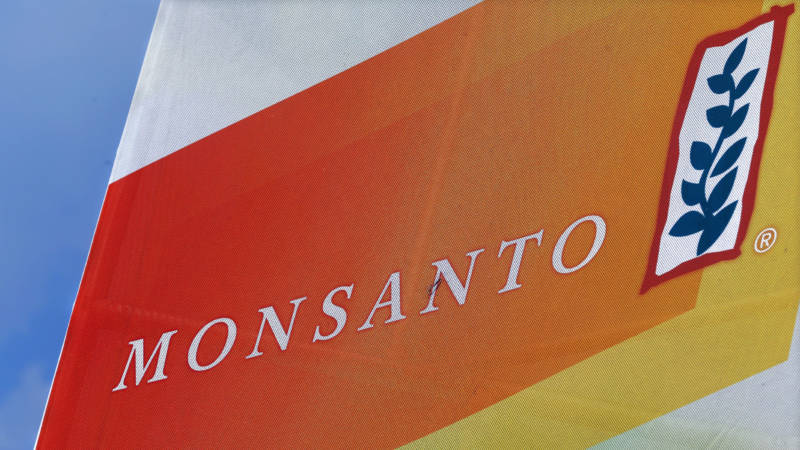Later this week, in hundreds of cities around the globe, from Ouagadougou, Burkino Faso, to Lancaster, Pa., protesters will "March Against Monsanto." Will they still march if there's no Monsanto?
This company, which invented genetically engineered crops and turned itself into the world's biggest seller of seeds, has come to represent, in a shorthand way, lots of things that some people love to hate: genetically modified food; patents on seeds; lawsuits against farmers for saving and replanting those seeds; and corporate influence over government food policy.
Monsanto has swallowed many other companies — especially seed companies — over the years, which helped build its fearsome reputation.
Now, however, comes news that Monsanto might go from swallower to swallowee. Bayer, a German-based company that's probably best known as the inventor of aspirin, has offered to buy Monsanto for $42 billion. Bayer is a much bigger company than Monsanto because it also owns large divisions that make pharmaceuticals and industrial chemicals.
The proposed deal faces big obstacles. Bayer's stock dropped by 8 percent on the news. Shareholders evidently weren't happy about the idea of taking on a load of debt to finance the deal. Monsanto may also be unhappy. One analyst called Bayer's offer "insulting" and predicted that Monsanto's owners would demand a much higher price.
